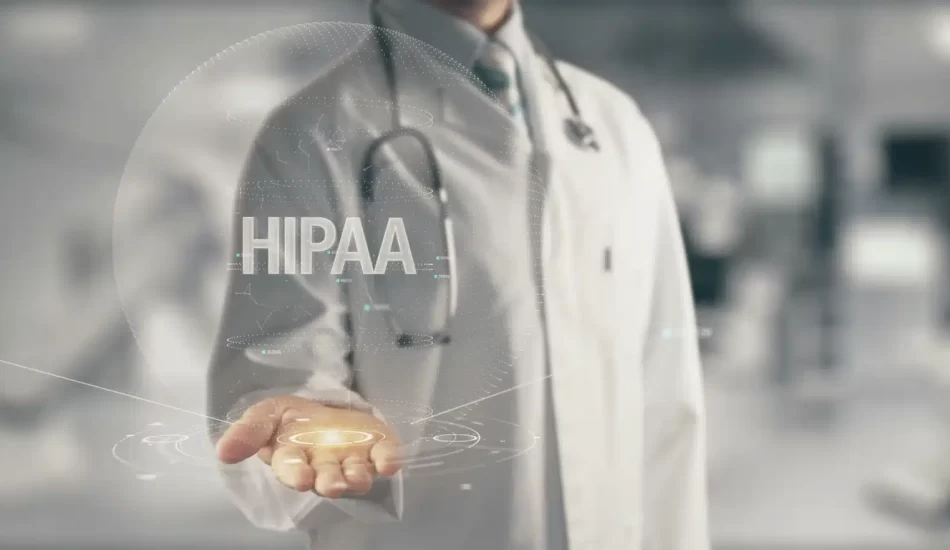Serving Clients Nationwide.
Schedule A Consultation
Proposed HIPAA Rules Pose New Challenges to Healthcare Providers

In an era of ever-evolving technology and data management, the Health Insurance Portability and Accountability Act (HIPAA) remains a cornerstone of protecting patient privacy and safeguarding sensitive medical information. As healthcare practices continue to digitize their operations and patient records, Health and Human Services’ Office of Civil Rights has proposed new HIPAA privacy rules to respond to these changes.
In recent years, the healthcare industry has witnessed a remarkable transformation in how patient data is collected, stored, and shared. Electronic Health Records (EHRs), telemedicine, wearable devices, and other technological innovations have enabled more efficient healthcare delivery but have also introduced new complexities to data security and privacy. The proposed new HIPAA rules acknowledge these advancements and aim to provide a comprehensive framework that addresses these contemporary challenges. However, the new rules, expected to be published this year, also pose new challenges for providers.
Some key provisions of the new rules include:
Enhanced Patient Control: One of the core objectives of the proposed new rules is to empower patients with greater control over their health data. This includes provisions for patients to easily access, review, and even amend their own medical records. Providers will also be required to provide fee schedules and estimates for allowing individuals to access and copy their PHI.
Expanded Definitions: The proposed rules introduce updated definitions for terms such as “personal health applications” and “electronic health records,” reflecting the changing technology landscape and the myriad ways patient data is now being utilized.
Streamlined Data Sharing: Recognizing the importance of data sharing for collaborative patient care, the proposed rules aim to facilitate secure data exchange among healthcare providers, insurers, and other entities involved in patient care.
Stronger Enforcement and Penalties: With technology comes the potential for larger data breaches. The proposed rules strengthen enforcement mechanisms and penalties for non-compliance.
Challenges for Healthcare Providers
The proposed HIPAA rules will likely be burdensome in their implementation. For example, providers will be required to allow patients to photograph and take notes of their PHI. Healthcare providers will need to designate spaces to facilitate this expanded access and implement safeguards to ensure patients do not photograph information to which they are not entitled. In addition to expanding patient access to PHI, the new rules reduce the time a healthcare provider has to provide that access. All of this means that healthcare providers will have to revise their policies and operations. Contact Boesen & Snow to find out how we can help prepare you for the upcoming transition.
Schedule a Free Consultation
Fields marked with an * are required

